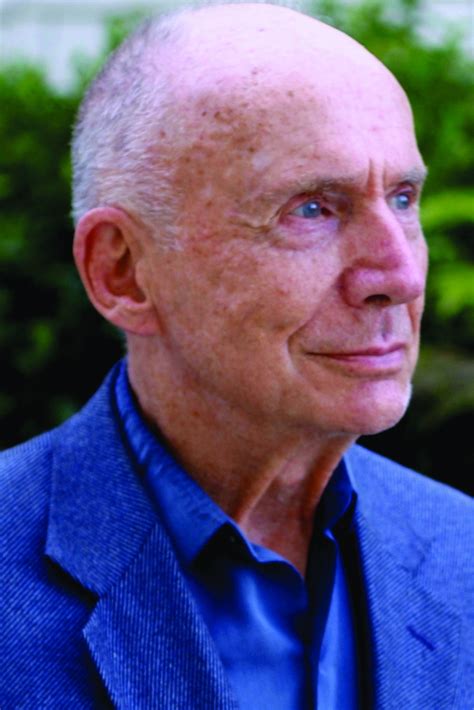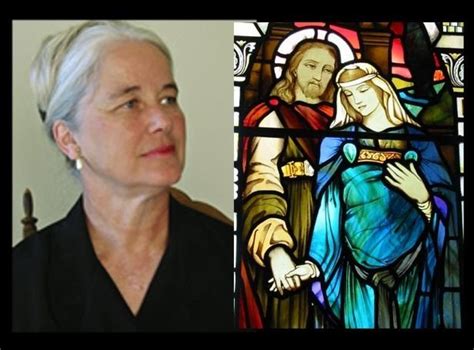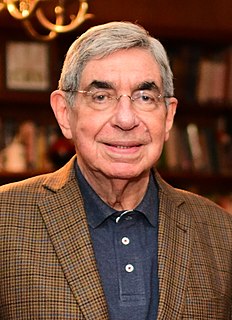A Quote by Thomas Merton
The rush and pressure of modern life are a form, perhaps the most common form, of contemporary violence. To allow oneself to be carried away by a multitude of conflicting concerns, to surrender to too many demands, to commit oneself to too many projects, to want to help everyone in everything, is to succumb to violence. The frenzy of our activity neutralizes our work for peace. It destroys our own inner capacity for peace. It destroys the fruitfulness of our own work, because it kills the root of inner wisdom which makes work fruitful.
Quote Topics
Activity
Allow
Away
Because
Capacity
Carried
Carried Away
Commit
Common
Concerns
Conflicting
Contemporary
Demands
Destroys
Everyone
Everything
Form
Frenzy
Fruitful
Fruitfulness
Help
Inner
Life
Makes
Many
Modern
Modern Life
Most
Multitude
Oneself
Our
Own
Peace
Perhaps
Pressure
Projects
Root
Rush
Succumb
Surrender
Too
Violence
Want
Which
Wisdom
Work
Related Quotes
In this life, we are in a constant search for inner peace. We long for it in all aspects of our lives, both personally and professionally. The truth is that we cannot have inner peace without balance. It seems that having too much or too little of anything completely throws off our balance, therefore limiting our inner peace.
If busyness can become a kind of violence, we do not have to stretch our perception very far to see that Sabbath time – effortless, nourishing rest – can invite a healing of this violence. When we consecrate a time to listen to the still, small voices, we remember the root of inner wisdom that makes work fruitful. We remember from where we are most deeply nourished, and see more clearly the shape and texture of the people and things before us.
Every person must live the inner life in one form or another. Consciously or unconsciously, voluntarily or involuntarily, the inner world will claim us and exact its dues. If we go to that realm consciously, it is by our inner work: our prayers, meditations, dream work, ceremonies, and Active Imagination. If we try to ignore the inner world, as most of us do, the unconscious will find its way into our lives through pathology: our psychosomatic symptoms, compulsions, depressions, and neuroses.
We can work on inner peace and world peace at the same time. On one hand, people have found inner peace by losing themselves in a cause larger than themselves, like the cause of world peace, because finding inner peace means coming from the self-centered life into the life centered in the good of the whole. On the other hand, one of the ways of working for world peace is to work for more inner peace, because world peace will never be stable until enough of us find inner peace to stabilize it.
Like anyone else, I too have the potential for violence; I too have anger in me. However, I try to recall that anger is a destructive emotion. I remind myself that scientists now say that anger is bad for our health; it eats into our immune system. So, anger destroys our peace of mind and our physical health. We shouldn’t welcome it or think of it as natural or as a friend.
The fruit of our labors is sweet when the work is consecrated to God. But we have to be able to weather the conditions - the winds, the rain or the drought, the brilliant sun and sometimes the bitter cold. Sometimes our work needs to be directed at improving our ground rather than excusing our own harvests because the place we have been given is a little hard; there are too many rocks, too many hills, too little top soil. If we focus on where we are instead of what we can do with our plot, we will find our efforts significantly diminished.
Many people today agree that we need to reduce violence in our society. If we are truly serious about this, we must deal with the roots of violence, particularly those that exist within each of us. We need to embrace 'inner disarmament,' reducing our own emotions of suspicion, hatred and hostility toward our brothers and sisters
Without inner peace, outer peace is impossible. We all wish for world peace, but world peace will never be acheived unless we first establish peace within our own minds. We can send so-called 'peacekeeping forces' into areas of conflict, but peace cannot be oppossed from the outside with guns. Only by creating peace within our own mind and helping others to do the same can we hope to achieve peace in this world.
No price is too great to pay for inner peace. Peace is the harmonious control of life. It is vibrant with life-energy. It is a power that easily transcends all our worldly knowledge. Yet it is not separate from our earthly existence. If we open the right avenues within, this peace can be felt here and now.
If we are too busy, if we are carried away every day by our projects, our uncertainty, our craving, how can we have the time to stop and look deeply into the situation-our own situation, the situation of our beloved one, the situation of our family and of our community, and the situation of our nation and of the other nations?
Peace is a never-ending process, the work of many decisions by many people in many countries. It is an attitude, a way of life, a way of solving problems and resolving conflicts. It cannot be forced on the smallest nation or enforced by the largest. It cannot ignore our differences or overlook our common interests. It requires us to work and live together.






























